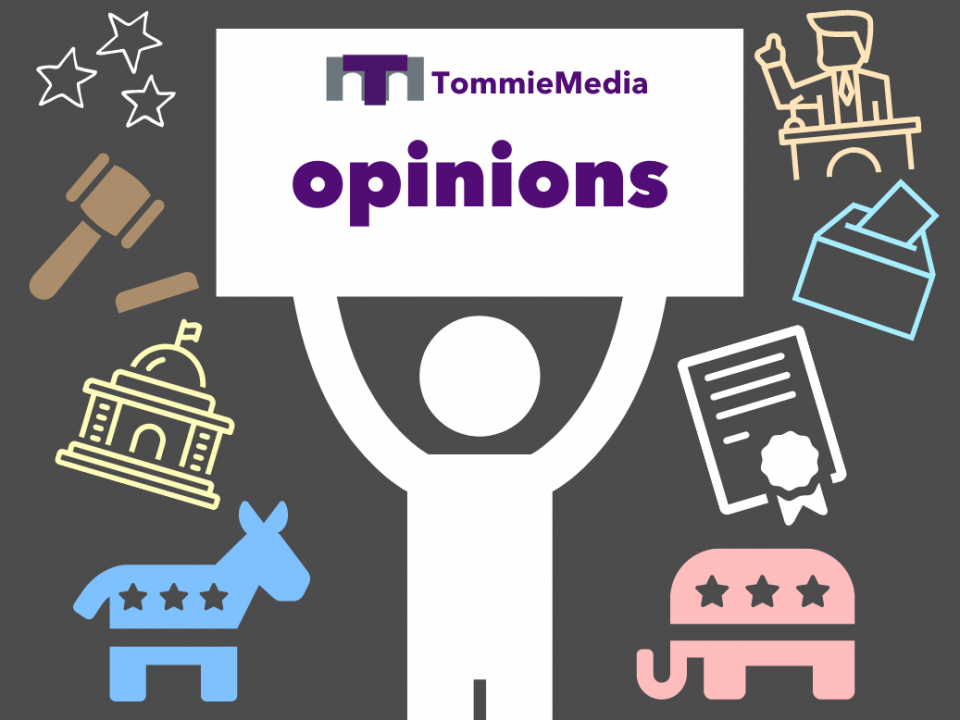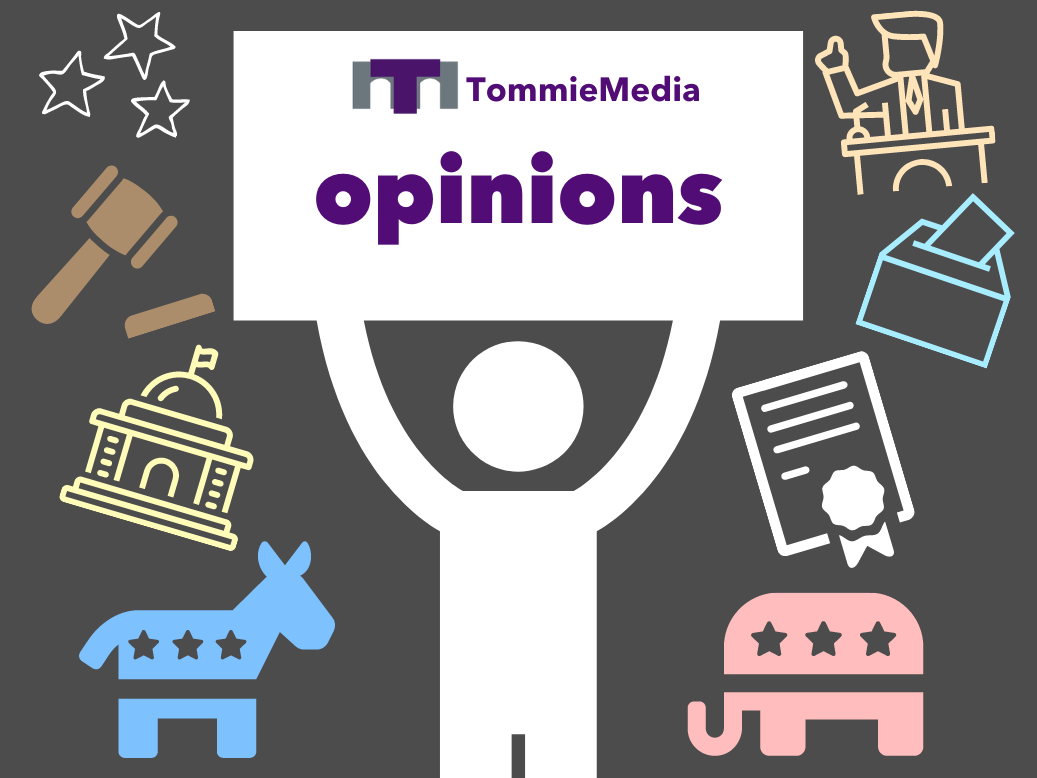
January was a political whirlwind.
With the Jan. 6 insurrection, the second impeachment of former President Donald Trump and the inauguration of President Joe Biden—we have witnessed multiple major historical events in a few short weeks. They are the result of a tumultuous election year and, beyond that, a contentious past four years.
But still, we go on.
Biden was inaugurated as the 46th president on Jan. 20, stationed at the Capitol’s west front. Seeing the Capitol’s facade adorned for the ceremonies was particularly special because just two Wednesdays prior, that very platform was overrun with rioters. It was a statement of recovery.
After the ceremony concluded, Biden wasted no time in getting to work.
He signed 15 executive orders on his first day in office, which is more than any president preceding him. In the first few weeks on the job, Biden has made it clear that he will push for what he wants done by the quantity and breadth of work that he’s completed.
For COVID-19, Biden has issued a mandate requiring masks to be worn and social distancing enforced on all federal government property. The U.S. will also reconnect with the World Health Organization after Trump began the process to withdraw. This will allow for a more collaborative effort in combating the coronavirus.
Biden signed an executive order to rejoin the 2015 Paris Climate Agreement—another direct reversal of Trump’s actions. This order will directly link to participating in the UN Climate Change Conference this November in Glasgow.
For environmental change on the homefront, Biden also rescinded the permit granted to the Keystone XL Pipeline. The oil pipeline has been controversial for over a decade since its commission in 2010, with environmentalists and Native American groups fighting against its construction.
Biden lifted the travel ban on some majority-Muslim countries established during Trump’s administration. He also stopped construction for the wall between the U.S. and Mexico.
Also of note, Biden overturned a policy that banned transgender individuals from serving in the military. The order requires the departments of Defense and Homeland Security to work with the military and Coast Guard in fulfilling the new policy.
Obviously, many of Biden’s first steps as president have been undoing what Trump established or set in motion.
Even in the most peaceful times, presidential transitions can be rocky. But right now, the nation is still wading through pandemic living, eager for vaccine rollout and nervous about the new strains. The insurrection punctuated on the intense election and transitional period.
Yet, Biden’s actions seem focused on healing.
Regardless of the orders he signs or the plans he has revealed, Biden has been clear about the ultimate goal: unity.
And this should be the priority. Naturally, politics are going to bring disagreement. The U.S. is too large and too diverse to expect anything less, but disagreement is not an excuse for hatred or divisiveness. It is not an excuse for domestic terrorism.
Again, everyday political squabbles or even large scale disagreements will happen. They are unavoidable, but we need to work through them. Biden seems up to that task, at least in that he seems concerned for America as a nation, for all Americans.
In quoting former President Abraham Lincoln, Biden said, “My whole soul is in it. Today, on this January day, my whole soul is in this: bringing American together, uniting our people and uniting our nation.”
Achieving unity—this I hope he can do.
Maddie Peters can be reached at pete9542@stthomas.edu.


The XL pipeline had to be stopped, because a toxic bitumen spill down into the Ogallala Aquifer would poison the drinking water for millions, which is worse than a weapon of mass destruction and would destroy the agriculture of the Great Plains states.